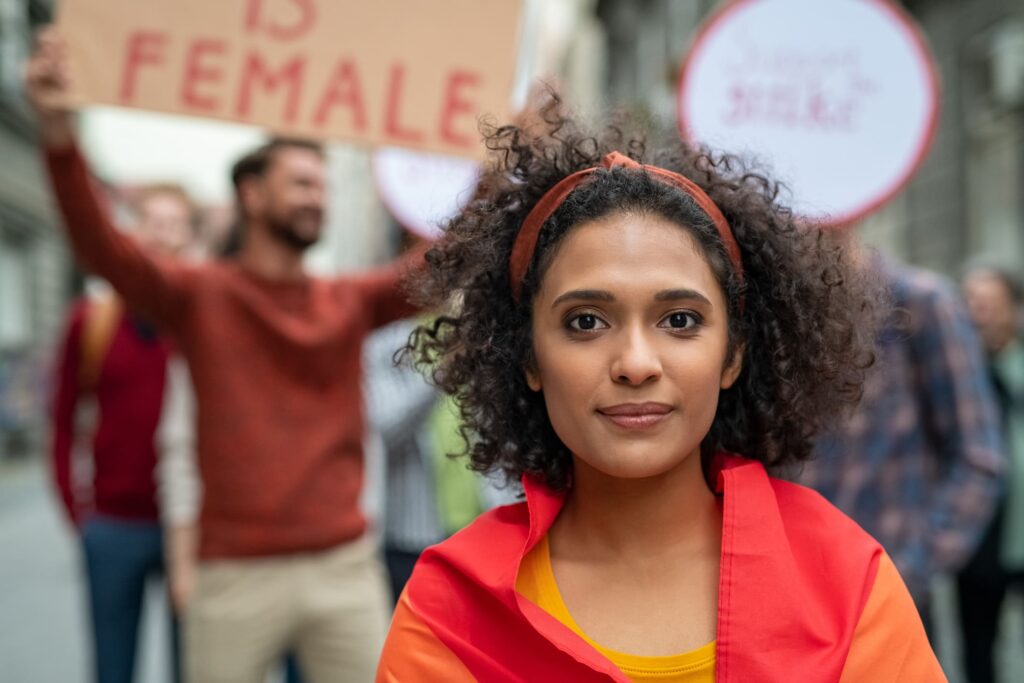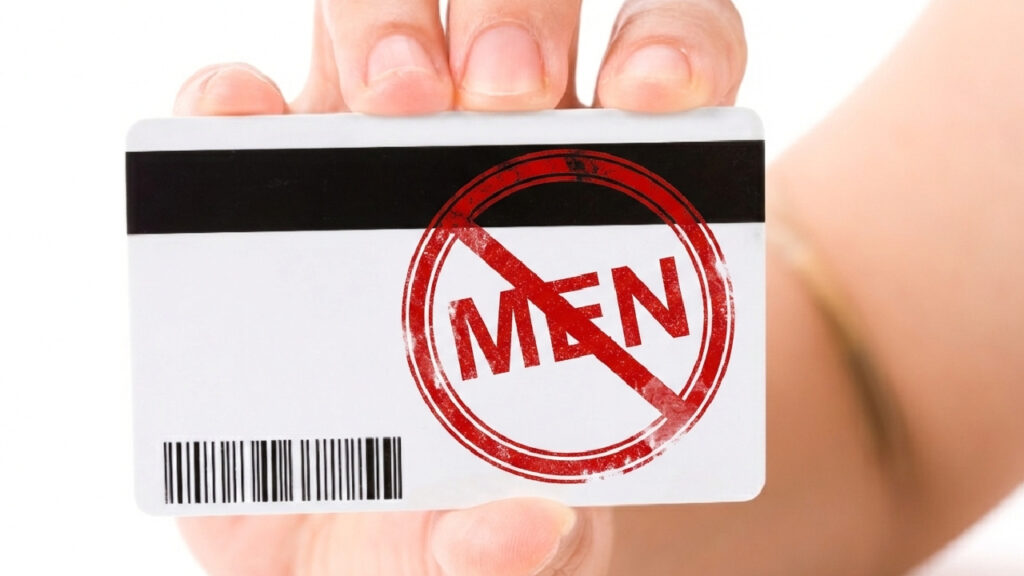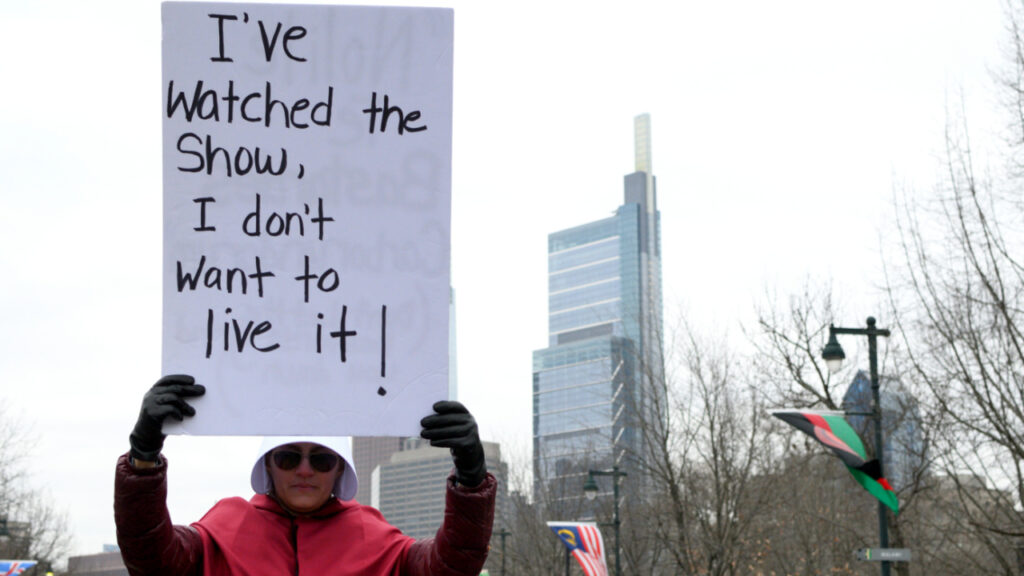
The Older I Get, the More Progressive I Become: Why I Left the Republican Party for Good
Most college kids typically decorate their dorms with a string of lights, potted plants, a photo wall, and music posters. I proudly displayed my “Bush Cheney ‘04” campaign signs, along with anti-communist bumper stickers and pictures with local Republican politicians and those with family and friends.
At face value, I was an anomaly: A Latina woman from a working-class New Jersey town whose parents’ combined income was barely above the poverty line. But as the American-born daughter of Cuban exiles, my then-conservative values made me feel I fit in both in my hometown, Union City, and in Miami, where many Cuban refugees settled.
My summers growing up were filled with trips to Little Havana in Miami, where my family and I would watch anti-communist plays featuring Cuban and other popular Latino actors. Those trips would include hours-long pig roasts, where family members would animatedly discuss the significant policy issues of the day, like the impact of the fall of the Soviet Union on Cuba’s government.
These conversations extended to my teen years. While other teens were going to the movies or out on dates, I spent some free time weighing in on animated conversations about whether the United States should end the trade embargo with Cuba. We also discussed the further alienation between the Democratic Party and Cuban-Americans, especially after the Clinton White House sent Elian Gonzalez back to the communist island during a standoff between our two countries in 2000.
It should come as little surprise that I’ve been a hardliner on US-Cuba policy issues and other policy points beyond Cuba after growing up in this environment.My conservative credentials extended to most social issues during my early-to-mid 20s (I was even a volunteer for the Republican National Committee in New York City in 2004). While I had always favored strict gun laws, even when I voted straight-ticket Republican, I also had been anti-abortion, not considering that I’d someday undergo egg freezing to preserve my fertility.
My journey to the Democratic Party in my mid-to-late 20s started slowly and picked up speed. In 2010, I re-registered as an unaffiliated voter; in 2012, I finally switched to Democrat for several reasons. As more of my friends started coming out, I realized it was unfair that they couldn’t marry their partners. My thinking on other issues like climate change also began to evolve. After working for an environmental non-profit, I became an advocate for land conservation, protecting vulnerable wildlife, and regulating greenhouse gases and other pollutants.
Finally, as a former education reporter, I understood the argument for school choice (and there are plenty of successful charter schools in economically disadvantaged communities). Still, as someone who attended both parochial and public schools, I saw a need to strengthen our K-12 public schools and offer universal preschool to give poorer students an advantage.
I’ve been voting mostly straight-ticket Democrat since 2012, but the January 6 insurrection made me realize that I may never vote for a Republican candidate again. My family fled Castro’s dictatorship because they couldn’t speak or vote freely, and it was scary to witness how close we came to a coup in this country.
And even though I’m primarily against higher taxes and in favor of the death penalty (my last two traditionally conservative stances), I’ve found that the Democratic Party is a better fit.
So, while the old saying says that the older we get, the more conservative we become, the opposite has been true for me.




